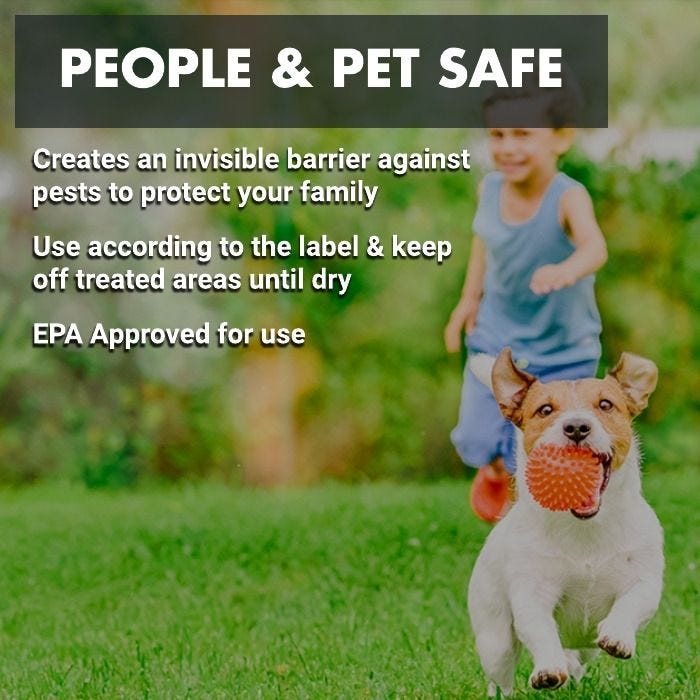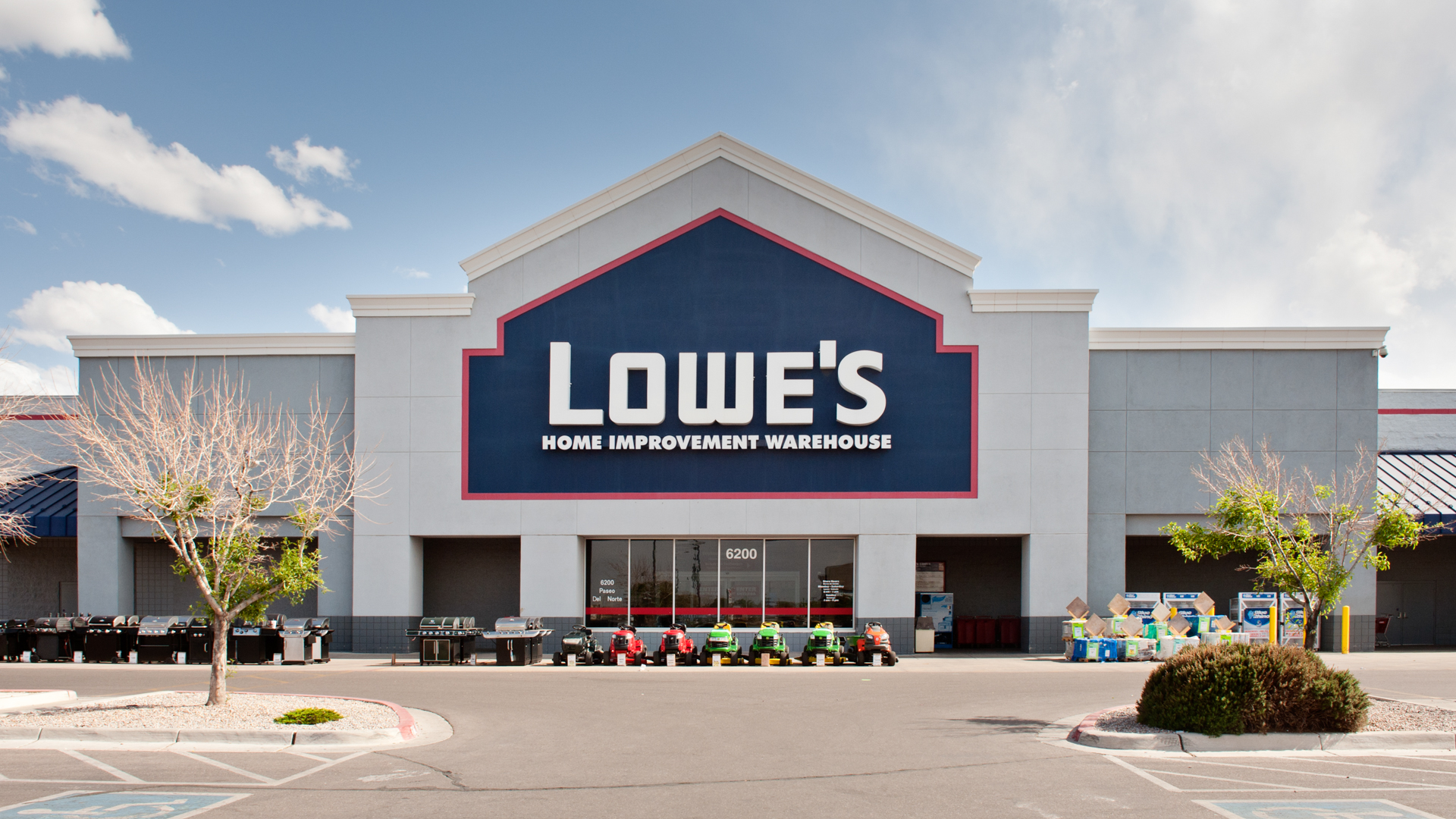How to Become an Automotive Engineer: Degrees, Pathways, and Career Steps
Introduction: The Road to an Automotive Engineering Career
Automotive engineering is a dynamic field at the intersection of innovation, technology, and design. Professionals in this area develop the vehicles and systems that move the world forward, from electric cars to autonomous vehicles. If you have a passion for cars, problem-solving, and cutting-edge technology, a career as an automotive engineer can offer both exciting challenges and rewarding opportunities. This guide details the degrees you need, step-by-step instructions to get started, the skills required, and practical advice to help you succeed in this competitive industry.
Understanding the Education Requirements
The fundamental requirement for becoming an automotive engineer is a bachelor’s degree in engineering. Specifically, most employers look for candidates with a bachelor’s degree in mechanical engineering or a closely related field. While relatively few colleges offer a dedicated undergraduate program in automotive engineering, many offer concentrations or electives in automotive topics as part of their mechanical engineering curriculum [5] . For example, students at Clemson University typically start in general engineering and then apply for the limited-enrollment automotive engineering program after completing foundational courses [3] .
Some universities do offer specific degrees in automotive engineering technology , which focus more on the practical application and testing of vehicles and systems [4] . These programs require a mix of core engineering courses and specialized subjects such as engine analysis, emission systems, and vehicle electronics.
Key steps in the education pathway include:
- Completing high school with a strong foundation in mathematics (algebra, calculus, trigonometry), physics, chemistry, and computer science [2] .
- Enrolling in a bachelor’s degree program in mechanical engineering, automotive engineering, or automotive engineering technology [5] .
- Taking specialized courses or concentrations in automotive systems, vehicle design, or related areas when available [1] .
While a bachelor’s degree is typically the minimum education required, pursuing a master’s degree or higher can enhance career prospects and open doors to advanced roles, especially in research, management, or academia [1] . Graduate programs like the Master of Engineering (MEng) in Automotive Engineering at the University of Michigan provide advanced coursework in vehicle systems, powertrains, and emerging technologies.
Gaining Practical Experience
Hands-on experience is crucial in the automotive industry. Most employers expect candidates to have completed at least one internship or co-op placement with an automotive manufacturer, supplier, or engineering firm [5] . These positions offer valuable exposure to real-world projects, industry standards, and team collaboration.

Source: byjus.com
To secure an internship, you can:
- Participate in university career fairs and recruitment events.
- Search for internship opportunities with established automotive companies such as Ford, General Motors, and Toyota.
- Leverage your university’s career services or alumni network for connections in the industry.
During internships, students may work on projects involving robotics, vehicle dynamics, emissions testing, or product development. Success in these roles often leads to full-time job offers after graduation.
Licensing and Professional Development
While entry-level automotive engineer roles typically do not require professional licensure, earning a Professional Engineer (PE) license can be beneficial for career advancement, especially for roles in government, consulting, or management [2] . Licensure requirements vary by state but generally include:
- Graduating from an accredited engineering program.
- Passing the Fundamentals of Engineering (FE) exam.
- Completing four years of relevant work experience.
- Passing the Principles and Practice of Engineering (PE) exam.
Licensure demonstrates a high level of competency and commitment to ethical engineering practice. To learn more about licensure, you can contact your state’s engineering board or search for “Professional Engineer licensure requirements” along with your state name for official guidance.
Developing Essential Skills
Automotive engineers need a balance of technical and interpersonal skills. Core competencies include:
- Strong analytical and mathematical ability for vehicle design and simulation.
- Proficiency with computer-aided design (CAD) and engineering software.
- Understanding of materials science, thermodynamics, and fluid mechanics.
- Teamwork and communication skills for collaborating with cross-functional teams.
- Problem-solving ability to address technical challenges in safety, efficiency, and performance.
Many programs incorporate team-based design projects, competitions, or capstone courses to help students develop these skills in practical settings [4] .
Alternative Pathways and Specializations
Some candidates may enter the field through related disciplines such as electrical engineering, computer science, or industrial engineering. With the rise of electric and autonomous vehicles, skills in software development, electronics, and sensor integration are increasingly valuable. If your undergraduate degree is not in automotive or mechanical engineering, consider taking post-baccalaureate courses or pursuing a specialized master’s degree to bridge any gaps.
Specializations within automotive engineering include:

Source: stackhire.co.uk
- Powertrain and electrification systems
- Autonomous and connected vehicle technologies
- Vehicle dynamics and noise, vibration & harshness (NVH)
- Vehicle safety and crashworthiness
- Motorsports engineering
Graduate programs often allow for focused study in these areas, preparing you for niche roles in the automotive sector [1] .
Step-by-Step Guide to Becoming an Automotive Engineer
- Build a solid academic foundation in high school. Focus on math, science, and computer courses, and explore robotics or automotive clubs for early exposure [2] .
- Earn a bachelor’s degree in engineering. Apply to accredited colleges offering mechanical, automotive, or automotive technology programs. Check application deadlines and prerequisites for specialized programs [3] .
- Pursue internships or co-op placements. Gain hands-on experience and develop industry contacts through practical training [5] .
- Seek entry-level employment in the automotive sector. Use your degree and experience to apply for positions with manufacturers, suppliers, or engineering firms. Be prepared for on-the-job training if required.
- Consider professional licensure. Review your state’s requirements for earning a Professional Engineer license if you plan to pursue advanced or specialized roles [2] .
- Continue your education and professional development. Pursue a master’s degree or certifications to enhance your expertise and career prospects, especially if you want to advance to leadership or research roles [1] .
Accessing Programs, Resources, and Opportunities
To find accredited engineering programs, you can search the ABET (Accreditation Board for Engineering and Technology) directory, which lists recognized programs in the United States. University websites, such as those of the University of Michigan or Clemson University, provide detailed admissions information and curriculum outlines. To identify internships and entry-level job opportunities, consider using reputable job search platforms or your university’s career center. For professional licensure, visit your state’s Board of Professional Engineers website for official requirements and application procedures.
If you are interested in scholarships or financial aid, apply through the Free Application for Federal Student Aid (FAFSA) portal or research scholarships offered by automotive companies and industry associations. Always verify the legitimacy of scholarship sources by starting with established organizations and university financial aid offices.
Common Challenges and Solutions
Gaining admission to competitive automotive engineering programs or landing internships can be challenging due to limited spaces and high demand. To improve your chances, maintain strong grades in math and science, participate in extracurricular activities, and seek out research or project experience whenever possible. Networking through industry events, professional societies, or student organizations can also open doors to new opportunities.
Job seekers without a traditional automotive engineering background may face additional hurdles, but can bridge gaps through targeted coursework, certifications, or hands-on projects. Online learning platforms and community college programs may offer flexible options for skill development.
Summary and Next Steps
Becoming an automotive engineer requires a well-rounded education, practical experience, and continuous learning. Start by building a strong foundation in math and science, pursue a relevant engineering degree, and seek out hands-on training through internships or co-op programs. Professional licensure and advanced study can further enhance your career prospects. The field is evolving rapidly, so staying up to date with new technologies and industry trends is essential for long-term success.
References
- [1] University of Michigan (2025). Automotive Engineering Curriculum Information.
- [2] Vault (2023). Automotive Engineers: Requirements.
- [3] Clemson University (2024). Automotive Engineering B.S. Program Overview.
- [4] Career Girls. Automotive Engineering Technology Major.
- [5] Indeed (2025). What is Automotive Engineering? Career Description, Salary, and Steps.
MORE FROM gowithdeal.com













